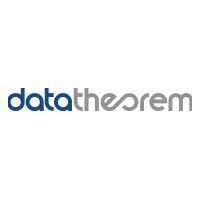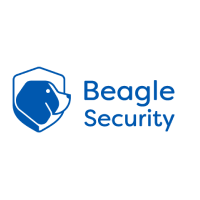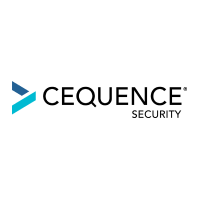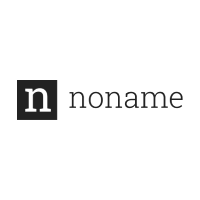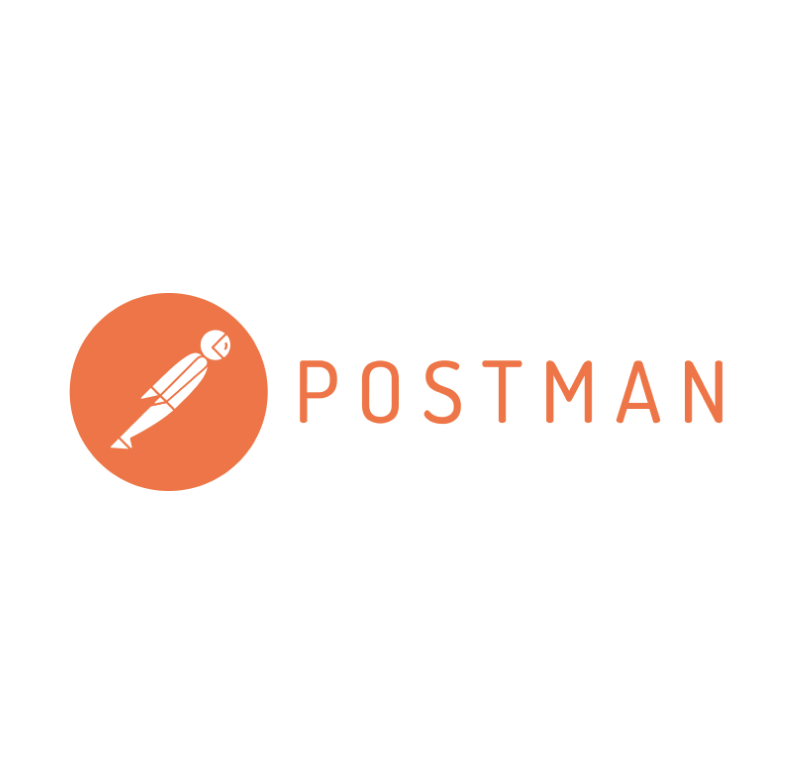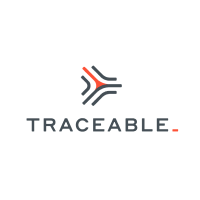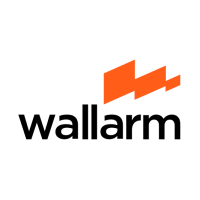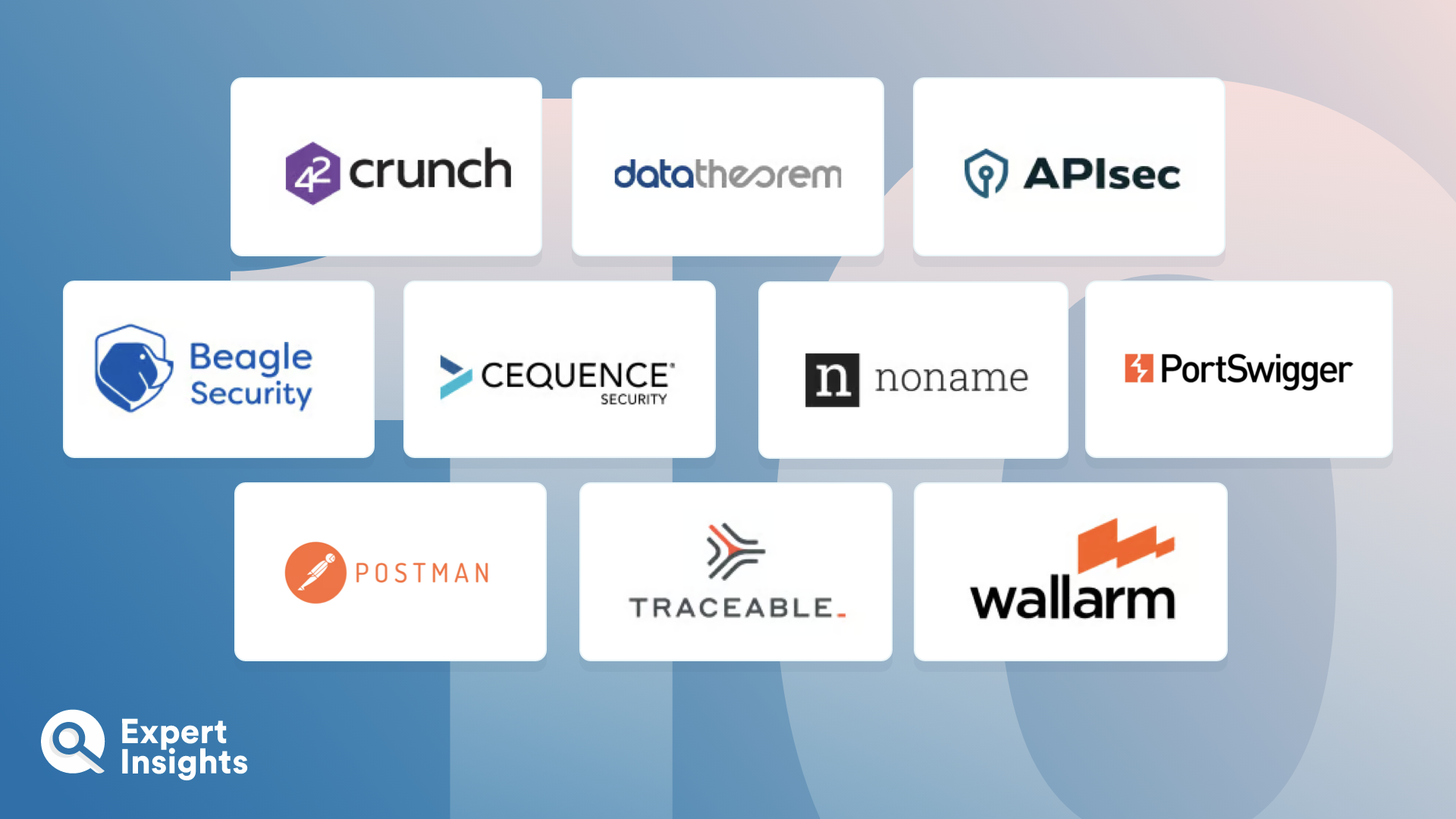Application Programming Interfaces (APIs) allow different programs to interact and communicate with each other. They have been described as acting like a translator to foster new lines of communication across your network. APIs underpin much of our modern infrastructure, playing a vital role in keeping operations up and running. Due to their pivotal role, it’s essential that your APIs are secure and don’t threaten the safety of your organization.
API Security Testing tools help companies to rigorously test their APIs and ensure they meet relevant security requirements. By identify vulnerabilities and weaknesses within your APIs, Security Testing tools can prevent any potential breaches and attacks. This is achieved through automating inspections and deploying advanced testing to detect issues faster and more effectively. They tend to run penetration testing, fuzz testing, and runtime testing to identify vulnerabilities such as SQL injections, cross-site scripting (XSS), and cross-site request forgery (CSRF).
Not only does implementing an API security testing tool improve the chances of detecting flaws before it is too late, but they also help you meet a range of compliance requirements. With a crowded market and a range of viable solutions, choosing one that fits right for your business can be a complex process. In this article, we’ve compiled a buyer’s guide covering some of the top API security testing tools currently available. Each listing explains the platform’s key features and suggestions of the ideal use case.




